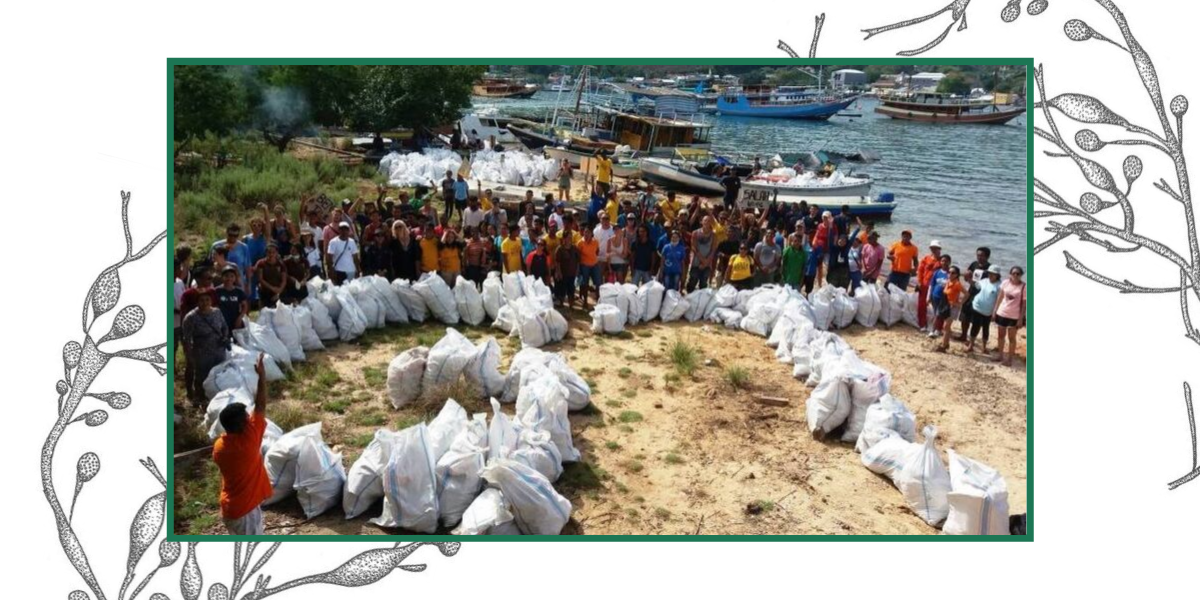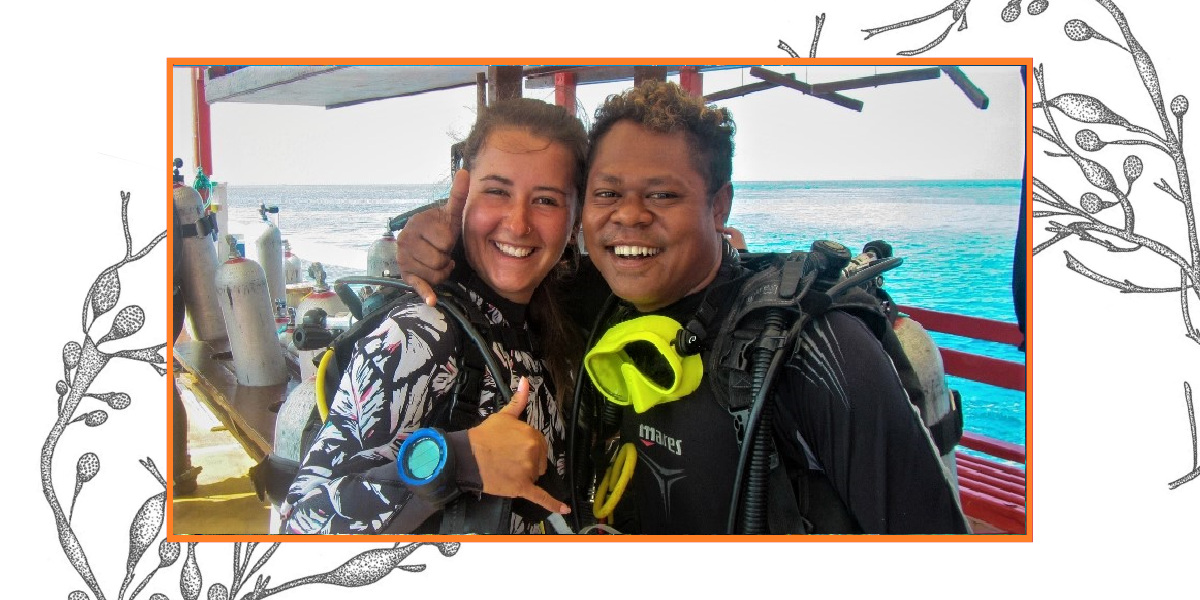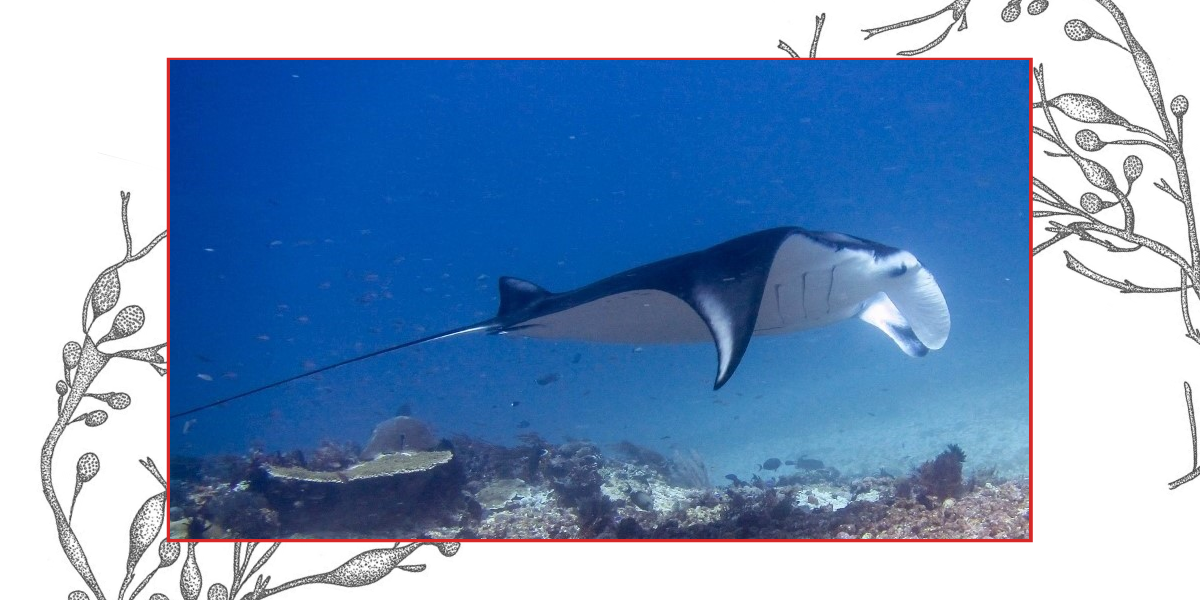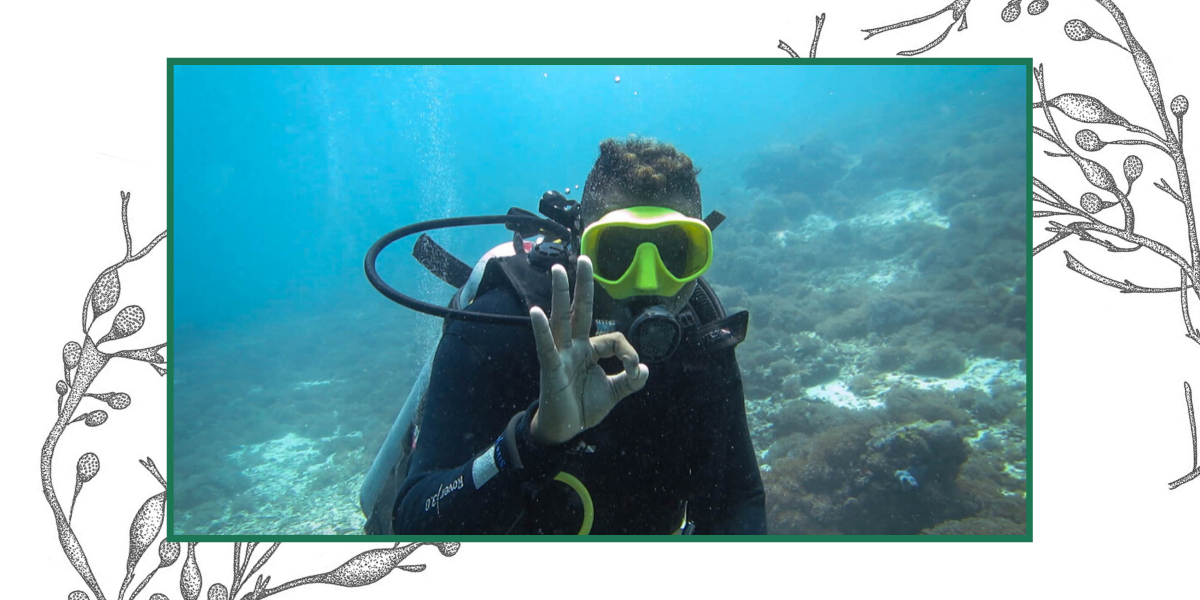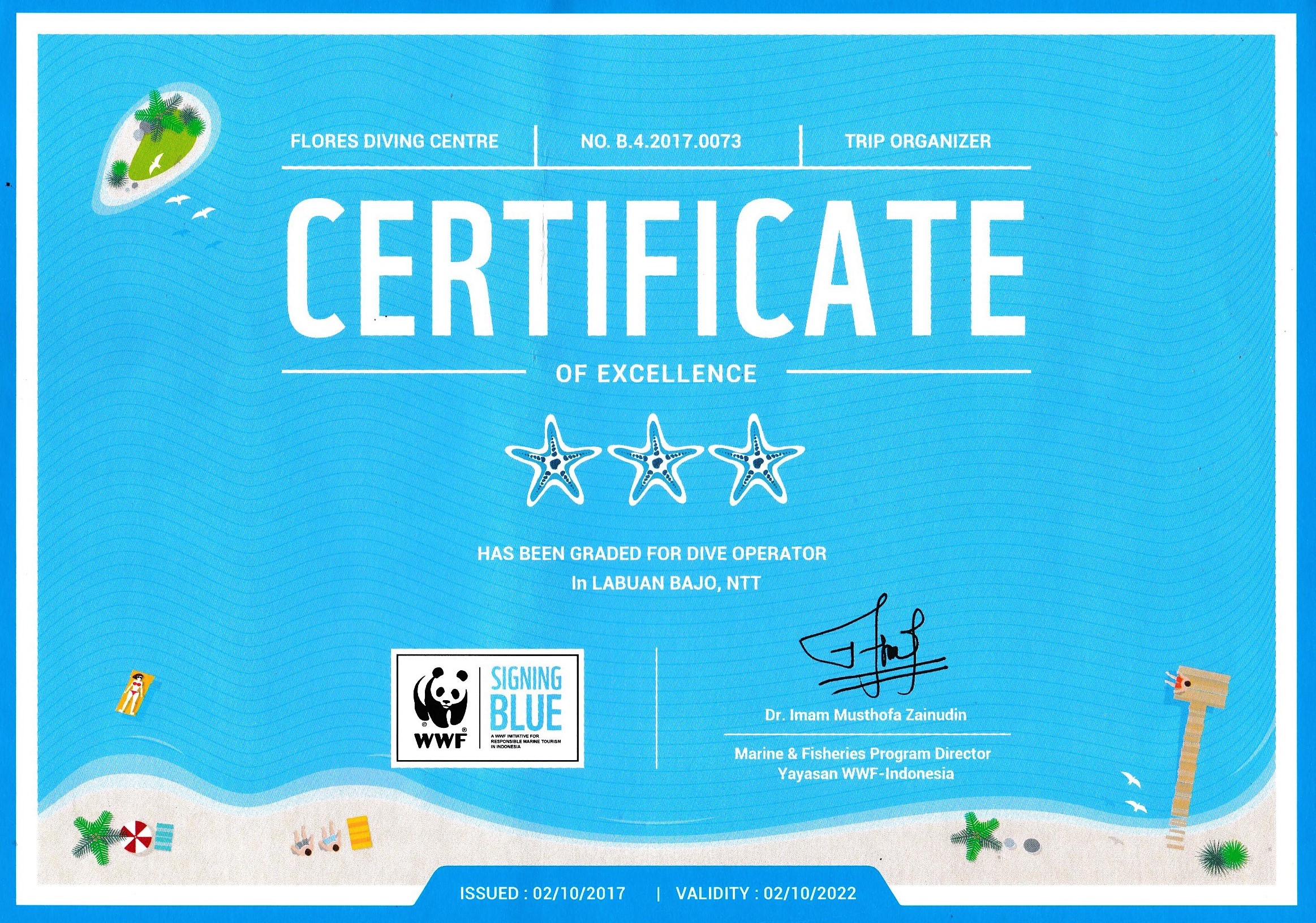Plastics are now affecting all that we do in our daily lives. Whether it’s to go shopping, go to work, eating out; we use plastic all the time and it feels impossible to avoid.
To put a scale on the plastic pollution on our planet, altogether plastic weighs approximately 290,000 tonnes. So where does it all the waste go? Plastic waste is being found in the oceans, on beaches, in landfills – pretty much everywhere.
How does plastic affect the ocean?
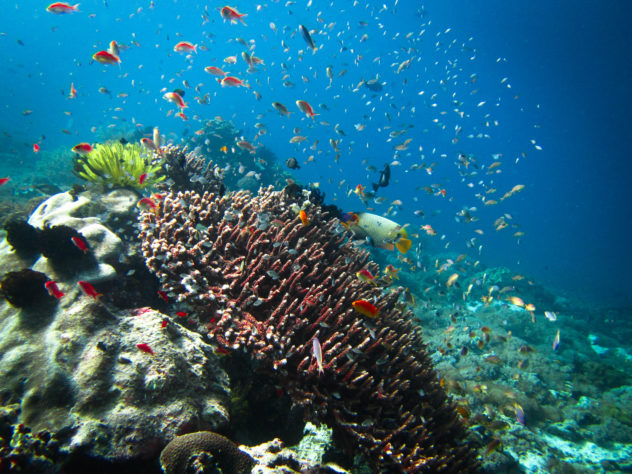
Plastic pollution in the ocean is a huge concern that has affected the waters and the marine life within. So how does plastic waste affect the sea creatures? Marine animals can eat plastic mistaking it for food. If plastic is ingested, this can cause blockages in their digestive system which can cause early death.
Scientists believe that half of the sea turtles and almost every sea bird has eaten plastic. Studies show that one million seabirds and 100,000 mammals are dying from plastic waste in our oceans yearly. Sea creatures can also become trapped in waste; this results in starvation or becoming vulnerable to predators.
If plastic production continues at the rate that it is now, there will be more plastic waste than fish in the ocean by 2050.
But how does plastic affect me?
The toxins (BPA) that are in plastic are very harmful to humans. Plastic in our systems could lead to impaired immunity, birth defects and cancers.
The way that plastics enter our bodies is through many reasons; one of these ways is from the food that we digest. Did you know that 1 in 3 fish that we eat will contain plastic? We also inhale plastic from the air that we breathe and we are finding it in our water supplies.
By now most people are aware of plastic pollution and the impacts are but may be unaware of what we can do to help save it. So we have put together a guide that will help cut your daily usage of single-use plastic.
The following simple solutions aim to cut down a significant usage of plastic and some even save you a few pennies. By making these small changes, it will leave you feeling happier about your environmental impact on this planet.
STEPS YOU CAN TAKE TO MAKE A DIFFERENCE
The magical soap nuts
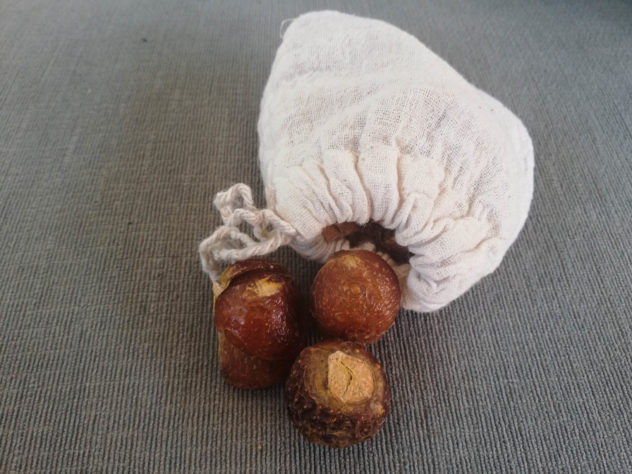
Soap nuts are our favourite alternative to plastic, hence why we have put it right at the top of our list! Let us explain why these are so amazing.
Soap nuts are a berry shell that contains a cleaning agent that works like detergent. This product is 100% organic, 100% natural with no chemicals and is a biodegradable alternative to any cleaning product. Soap nuts are used as an alternative to products such as shower gel, shampoo, washing up liquid, pet shampoo or any cleaning product!
To be honest, we don’t know why they haven’t been advertised. Soap nuts are something that we found online after searching a long time for alternatives. Soap nuts are cheap, eco-friendly and contain no plastic! Think of all that plastic that you can save in a year if you bought a bunch of these beauties.
The average household will spend approximately $120 – $240 a year on cleaning products. If you buy soap nuts you can buy a year’s supply for roughly $30. Do we need to sell soap nuts to you even further?
Take your own reusable bag everywhere
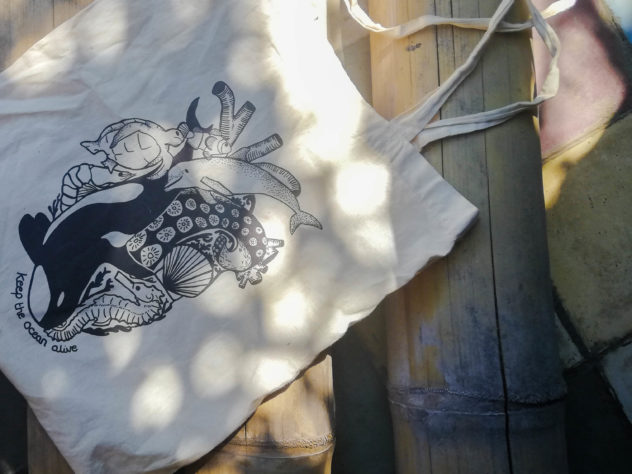
Reusable shopping bags are very easy to buy and to take shopping with you. We use around 1 trillion single-use plastic bags each year worldwide which means that we use roughly two million each minute. This is a huge amount of plastic that can end up in our oceans and are being eaten by animals such as turtles and seals.
We recommend buying a small bag that fits into your handbag or pocket and is easily portable. Or, if you have a car it’s always useful to keep a bunch of bags in the boot for your food shop.
Thinking about buying a takeaway coffee? Bring your own reusable cup
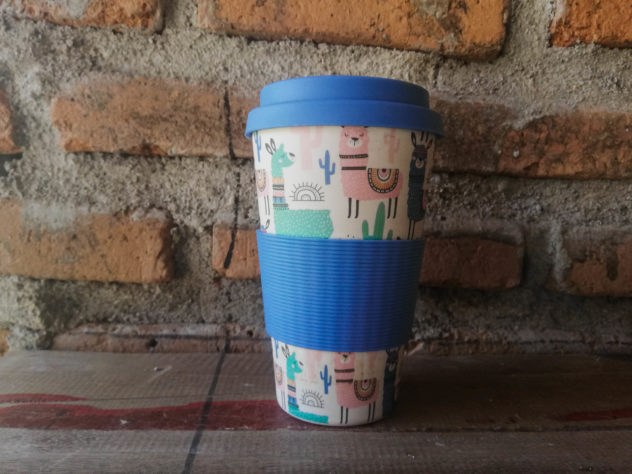
Even though it may look like coffee cups are made from cardboard, there is a lining of plastic on the inside which makes it non-recyclable.
We suggest buying a cute coffee cup; there are so many available to buy! We recommend buying a collapsible coffee cup. These cups are very portable and can be easily stored in your shopping bag.
Straws suck
Plastic straws are one single-use product that we can live without. When you are at a restaurant, inform the waiter that you do not want a straw with your drink. If you love to drink from straws, there are great alternatives that you can use such as a metal or bamboo straw.
Refuse single-use bottled water
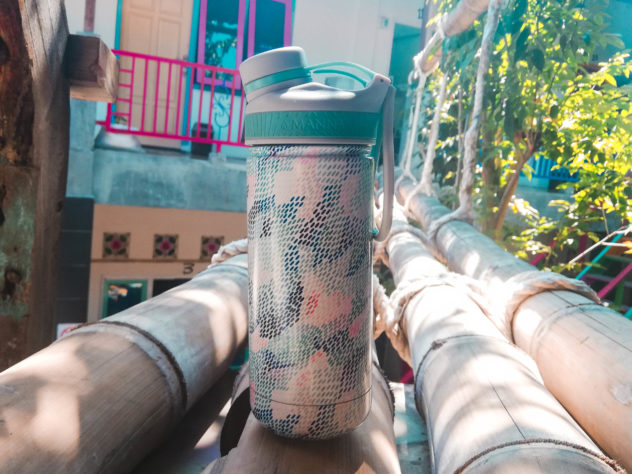
Did you know that a single-use bottle takes over 700 years to decompose? Also, around 20 billion plastic bottles will end up in landfills each year? These are crazy numbers for something that is free if you were to fill up at home or at a water fountain.
We would suggest buying a super cool stainless steel bottle that you feel proud to take with you. There are many free water refill stations globally that you can use. We love the refill stations that tell you how many single-use bottles have been saved by the number of bottles that the machine has filled.
Ladies, why not try a diva cup?
The average woman will go through 10,000 – 14,000 sanitary products in her lifetime. Sanitary items are again, single-use products that we can live without. But how you live without feminine products? Well, there is now a cup that we can reuse for your periods can be used for up to 2 years!
Women will spend an average of $1,500 in their lifetime on sanitary products, but Diva cups will cost you around $15 – $30. Although you will have to replace this once every few years that means that you may be saving a whopping $1,140. This takes into account the average of $360 for the cost of cups that you would buy in your lifetime.
So, girls, this is a great way to reduce your plastic and to save a lot of money too!
Or if you prefer to use pads, why not try a reusable cloth liner or pad? These reusable products can be washed and used again for as long as you wish.
Final thoughts on plastic pollution
Plastic pollution is not something that we can hide away from any longer, it’s not a rumour, it is now our reality. By incorporating these simple steps in your daily life, you can make a huge difference to the planet.
Want to help further in plastic pollution?
Next time you are at the beach, aim to pick up at least 5 items of plastic. By doing this, it will save a whole load of sea creatures and marine mammals!
Eco-Diving
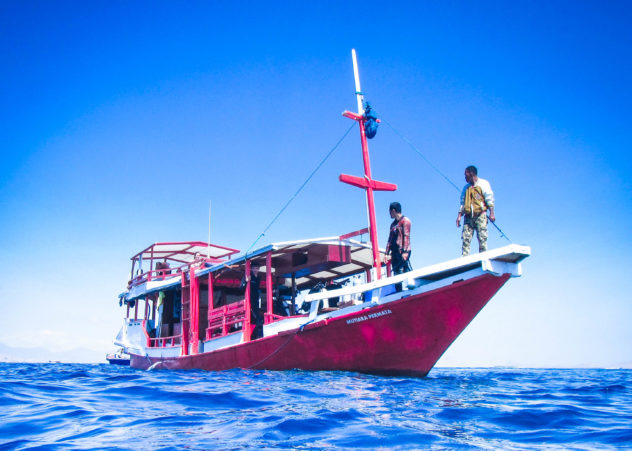
Here at Flores Diving Centre, we offer an Eco-Dive to our customers to help clean up the plastic in the ocean. The Eco-Dive is a non-profit service that we offer to get our customers to join us in ocean cleanups in Komodo. The aim of the Eco-Dive is to inspire customers to take the plunge in tackling the earth’s plastic crisis. If you would like to find out more about what we offer, please visit our Eco-Dive page on our website. Or you can contact us through our website, we’re happy to help!

